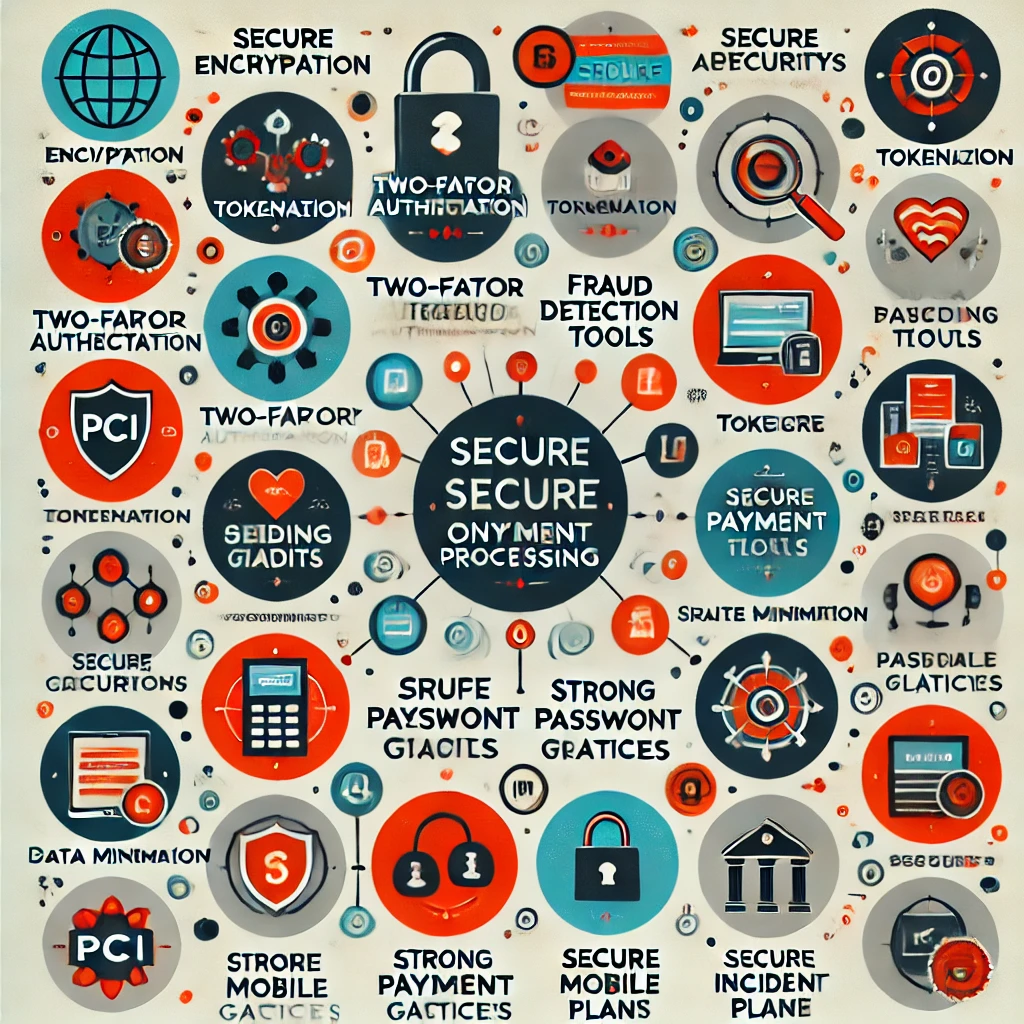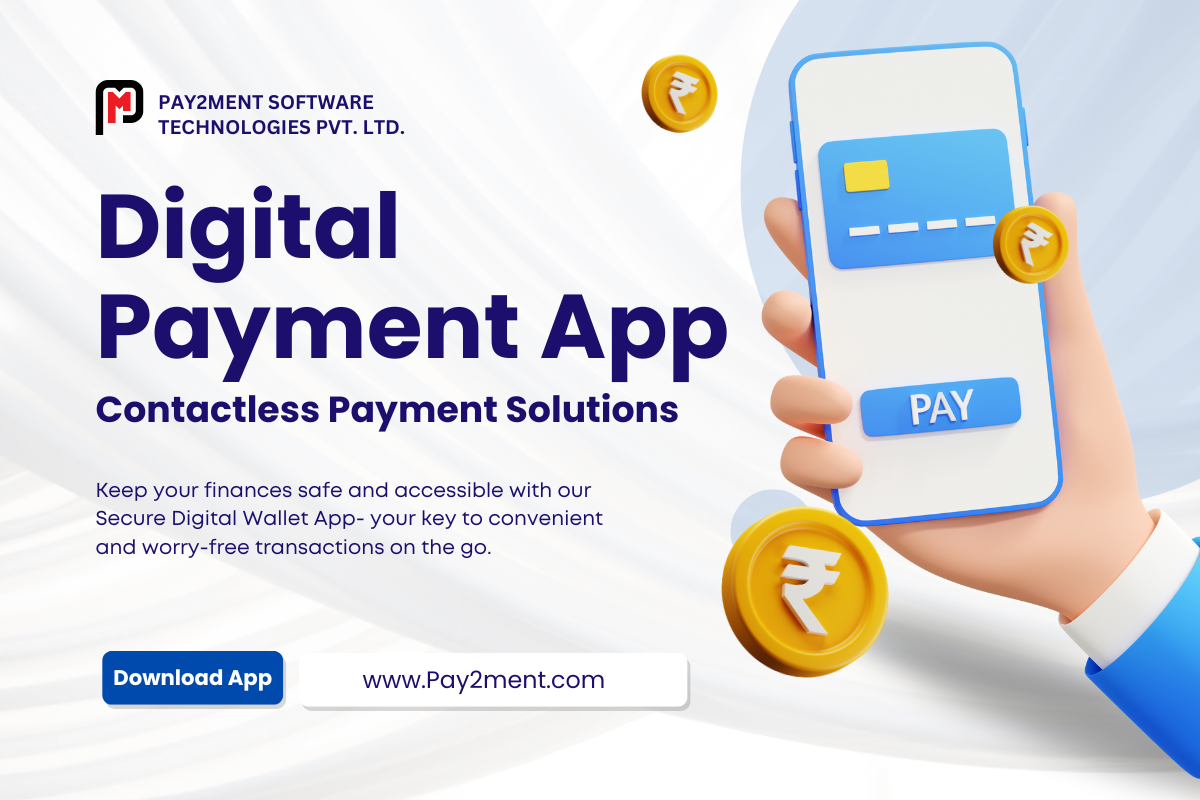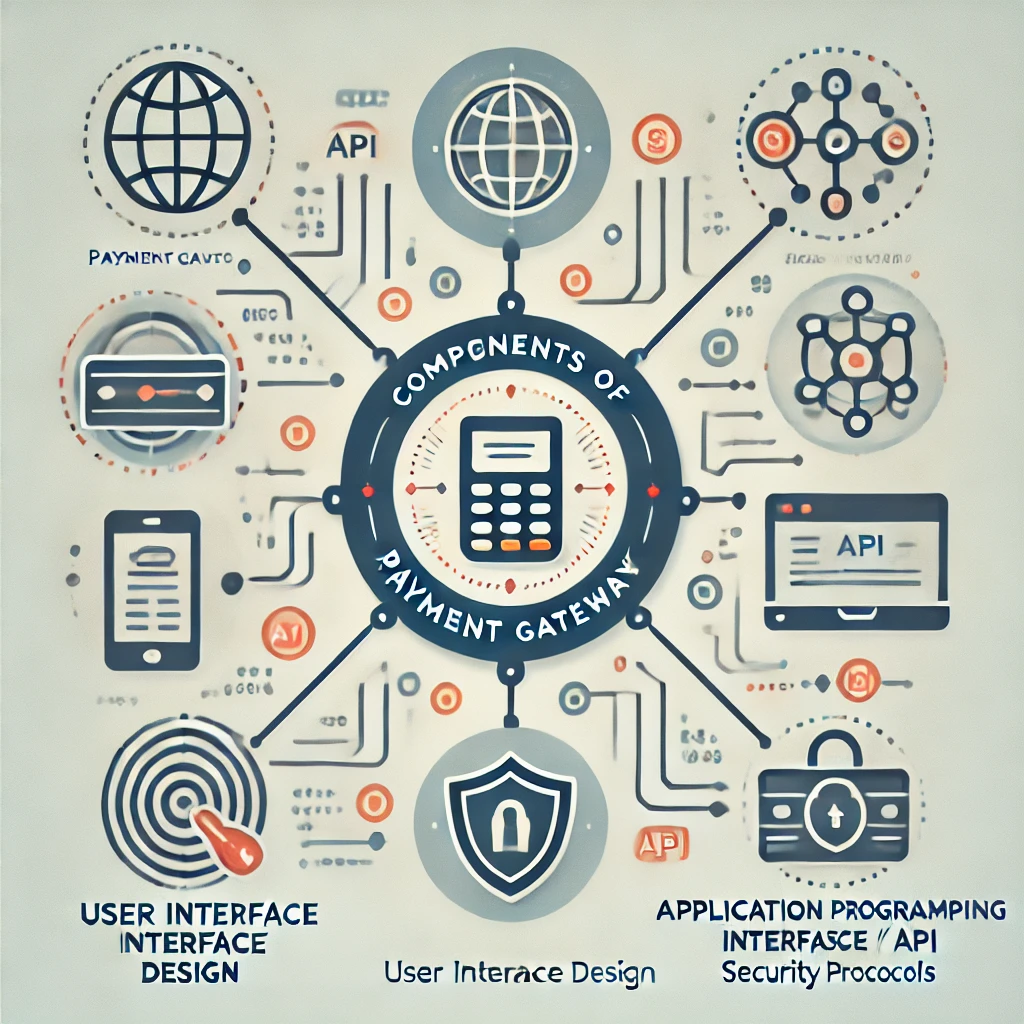The internet has revolutionized how businesses manage customer payments, offering convenience and efficiency. However, it has also introduced risks such as fraud vulnerabilities and security breaches. As a business owner, ensuring a secure and seamless payment experience across diverse online payment channels is critical. Robust online payment security measures are essential to protect customer data and maintain trust.
Understanding Online Payment Security
Online payment security refers to the practices, protocols, and technologies designed to protect sensitive financial information during online transactions. It includes measures to prevent unauthorized access, fraud, and data breaches. Let’s explore strategies to enhance payment security.

15 Proven Strategies for Securing Online Payments
1. Encryption
Encryption converts sensitive data into a coded format, ensuring only authorized parties can access it. This process protects information during transmission and storage, safeguarding against unauthorized access.
2. Tokenization
Tokenization replaces sensitive data, such as credit card numbers, with unique tokens. These tokens are meaningless if intercepted, reducing the risk of data theft during transactions.
3. Two-Factor Authentication (2FA)
2FA adds an extra layer of security by requiring two forms of verification, such as a password and a one-time code. This prevents unauthorized access even if login credentials are compromised.
4. PCI Compliance
Adhering to the Payment Card Industry Data Security Standards (PCI DSS) ensures businesses handling credit card data maintain a secure environment. Non-compliance can result in penalties and reputational damage.
5. Regular Security Audits
Conduct regular audits to identify vulnerabilities in your system. Addressing weaknesses promptly helps protect against cyber threats and ensures compliance with industry regulations.
6. Fraud Detection Tools
Utilize advanced fraud detection tools powered by machine learning to monitor transactions for suspicious activity. These tools flag potentially fraudulent behavior for further review.
7. Secure Hosting
Opt for a reliable hosting provider with robust security features such as firewalls, encryption, and regular updates to protect your systems and customer data.
8. Employee Training
Educate employees on cybersecurity best practices, including recognizing phishing attempts and following secure protocols. Trained staff are a key defense against cyberattacks.
9. Secure Payment Gateways
Use payment gateways with robust security features, such as SSL encryption and fraud detection. These gateways protect sensitive data during payment processing.
10. Data Minimization
Collect and store only the data necessary for transactions. Limiting data exposure reduces the risk of breaches and helps ensure compliance with privacy regulations.
11. Strong Password Policies
Enforce complex passwords and require regular updates. Combine this with multi-factor authentication to bolster account security.
12. Secure Third-Party Integrations
Vet third-party vendors for compliance with security standards and ensure their APIs and integrations are secure. Regularly audit third-party connections for vulnerabilities.
13. Secure Mobile Payments
Leverage technologies like tokenization and biometric authentication for mobile payments. Regularly update mobile payment systems to address evolving threats.
14. Incident Response Plan
Develop and maintain an incident response plan to address security breaches effectively. This plan should outline steps for containment, investigation, and recovery to minimize damage.
15. Transport Layer Security (TLS)
Use TLS protocols to encrypt data during transfer. This ensures secure communication between customers and your platform.

How Pay2ment Payment Gateway Enhances Security
Pay2ment, one of India’s leading payment gateways, offers advanced security measures to protect online transactions. Our solutions include:
- PCI-DSS Level 1 Compliance: Adherence to top-tier payment security standards.
- CoFT (Card on File Tokenization): Enhanced payment security and seamless checkouts.
- Secure Cloud Hosting: Data protection using Amazon Web Services (AWS).
- TLS Encryption: Safeguarding information exchange.
- Comprehensive Certifications: ISO 9001:2015 and ISO 27001:2013 compliance.
With over 100 payment methods and pre-configured plugins, Pay2ment ensures secure and efficient online transactions for merchants, issuers, and customers.
Why Online Payment Security Matters
Securing online payments is critical for protecting customers’ sensitive data and maintaining your company’s reputation. A single security lapse can lead to financial losses, legal penalties, and erosion of customer trust. Implementing robust online payment security measures is essential for sustaining a successful and secure digital business.
By adopting these strategies, businesses can safeguard transactions, enhance customer trust, and thrive in an increasingly digital economy.


